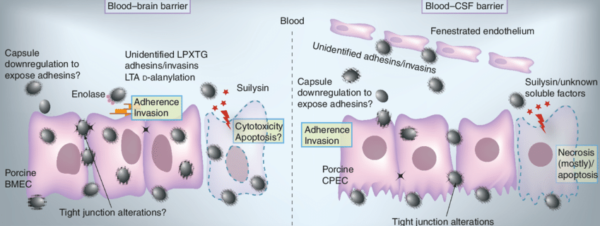Introduction:
Medicinal chemistry is a dynamic and interdisciplinary field that combines principles of chemistry, biology, and pharmacology to design, synthesize and optimize chemical compounds with therapeutic potential. In this blog, we will explore the key points of medicinal chemistry and its pivotal role in drug discovery, fostering advancements in the field of medicine.
Key Points:
- Understanding Medicinal Chemistry:
Medicinal chemistry focuses on designing and synthesizing chemical compounds that possess desirable drug-like properties. It involves a deep understanding of biological targets, disease mechanisms, and the structure-activity relationship between a compound and its biological effects. Medicinal chemists work closely with biologists, pharmacologists, and clinicians to identify and optimize potential drug candidates. - Rational Drug Design:
Medicinal chemistry employs rational drug design principles to develop targeted therapies. By understanding the molecular basis of a disease, medicinal chemists can design compounds that specifically interact with disease-associated targets, such as enzymes, receptors, or proteins. This approach allows for the development of drugs with high potency, selectivity, and minimal side effects. - Structure-based Drug Discovery:
Advancements in structural biology techniques, such as X-ray crystallography and cryo-electron microscopy, have revolutionized medicinal chemistry. Determining the three-dimensional structure of a target protein or receptor allows medicinal chemists to design compounds that bind to specific regions or active sites. This knowledge enables the development of highly potent and selective drugs, as well as providing insights for further optimization. - Optimization of Drug-like Properties:
Medicinal chemists employ various strategies to optimize the drug-like properties of compounds. This includes enhancing their solubility, stability, bioavailability, and pharmacokinetic properties. Chemical modifications or structural changes are made to improve metabolism, reduce toxicity, and ensure efficient delivery to the intended site of action within the body. Optimizing drug-like properties is critical for successful drug development. - Collaboration and Drug Discovery Pipelines:
Medicinal chemists collaborate closely with researchers from other disciplines to advance drug discovery. This collaboration involves iterative processes, where compounds are synthesized, tested, and optimized for desired biological effects and safety profiles. The drug discovery pipeline encompasses multiple stages, such as hit identification, lead optimization, preclinical evaluation, and clinical trials, before a potential drug candidate reaches the market. - Impact on Therapeutics:
Medicinal chemistry has made remarkable contributions to the development of therapeutic interventions. It has facilitated the discovery of life-saving drugs for a wide range of diseases, including cancer, cardiovascular disorders, infectious diseases, and neurological disorders. By targeting specific molecular pathways and disease mechanisms, medicinal chemistry continues to fuel the development of innovative therapies and improve patient outcomes.
Conclusion:
Medicinal chemistryv serves as the backbone of modern drug discovery, playing a central role in the development of safe and effective therapeutic interventions. By employing rational drug design, structure-based approaches, and optimization strategies, medicinal chemists contribute to advancements in medicine and provide new treatment options for various diseases. The interdisciplinary nature of medicinal chemistry and its collaborative efforts ensure the continuous progress in the field of pharmaceutical research.
#medicinalchemistry


